New Delhi: The Drugs Controller General of India (DCGI) has informed WHO that linking Indian-made cough syrups to deaths in Gambia was ‘premature conclusion’ which impacted the image of the country’s pharmaceutical products across the globe. In the latest letter to Dr Rogerio Gaspar, Director (Regulation and Prequalification) at WHO, DCGI Dr V G Somani said a statement issued by the global health body in October in the wake of the deaths “was unfortunately amplified by the global media which led to a narrative being built internationally targeting the quality of Indian pharmaceutical products”.
The DCGI said Gambia has informed, according to media, that there has been no direct causal relation established yet between the cough syrup consumption and the deaths, and that certain children who had died had not consumed the syrup in question.
In the letter, Somani said the samples of four made-in-India cough syrups linked to the deaths of 66 children in Gambia which were tested in government laboratory here were found to be complying with specifications and not to have been contaminated with DEG or EG according to the test reports.
These reports have been made available to the technical committee of experts constituted to examine and analyse the details of the reports and adverse events received from WHO.
The DCGI reiterated full cooperation and collaboration with WHO and said Central Drugs Standard Control Organisation(CDSCO) has already shared available details with WHO regularly.
“The technical committee mentioned above, has met several times. Each time the committee had requested for specific information from WHO on further details essential to establish the causality. Communications were sent to the WHO on 15th October, 20th October and on 29th October, 2022. Every time WHO has maintained that they are in contact with their team handling the case assessment and would get back at the earliest or that their ground partners were working on it. But no information so far has been exchanged by WHO with CDSCO,” Somani stated in the letter written on December 13.


Comments are closed.